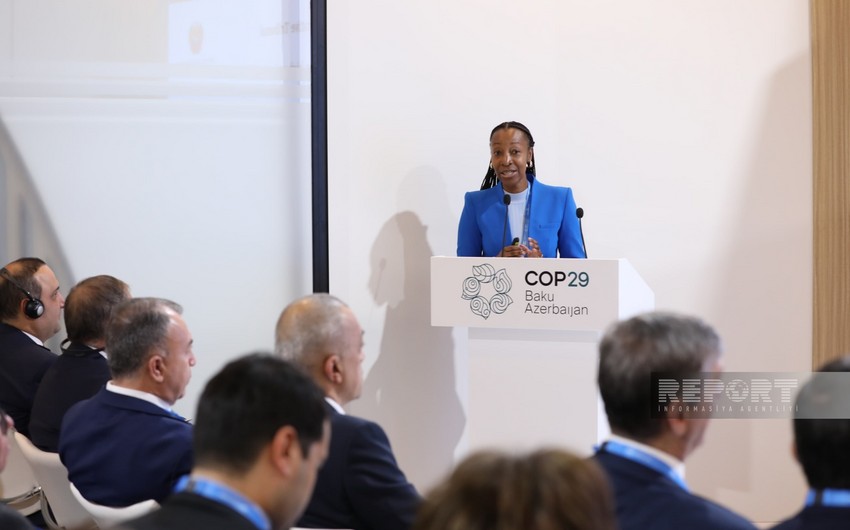Mozambique is among the countries most exposed to climate risks, according to the results of the ClimateScanner project unveiled during COP29 in Baku, Report informs.
The results, presented at the event titled "Where are governments in their climate action? - Results of the ClimateScanner assessment" during COP29, highlight that while Mozambique's supreme audit institution (SAI) has expanded its environmental auditing expertise in recent years, it has not placed specific emphasis on the impacts of climate change on the country.
However, the ClimateScanner initiative has provided an opportunity to monitor and evaluate climate change measures, enhancing the SAI's auditing and oversight potential on pressing issues and equipping it with necessary skills through effective use of the tool.
The ClimateScanner tool allows assessments across three areas: governance, finance, and public policy. The evaluation demonstrated Mozambique's alignment with climate change measures in governance and public policy, meeting relevant indicators. However, it identified persistent challenges in climate finance.
While the ClimateScanner assessments revealed several challenges, such as the inability to identify root causes and lack of comparability between countries, it also highlighted new opportunities for climate change auditing and integrating the topic into audit planning for SAIs. The results enable the identification of audit topics for in-depth investigations.
The evaluation concluded the importance of publishing assessment results, organizing events based on the findings, and conducting extensive outreach to increase cooperation with government bodies, international partners, and civil society participation, as well as the accessibility of certain documents.


 https://static.report.az/photo/229ac491-d18d-30aa-9dc5-a4501938e86d.jpeg
https://static.report.az/photo/229ac491-d18d-30aa-9dc5-a4501938e86d.jpeg

